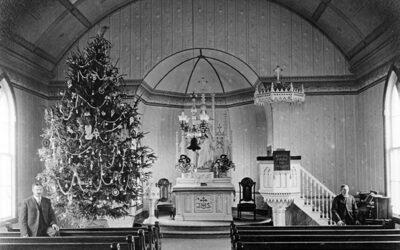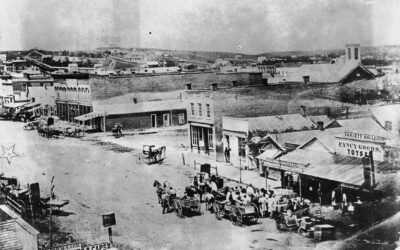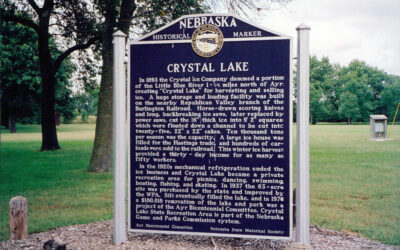Tobacco has long been attacked by reformers and medical authorities for the damage it does to human health. The contemporary push for a smoke-free environment in Nebraska has roots in the state’s past. The Nebraska State Journal of Lincoln on September 20, 1907, noted that the University of Nebraska prohibited smoking on campus and was reemphasizing that policy during student registration:
“A visitor on the campus at the university yesterday forenoon was greeted with the sight of several signs in all the buildings. ‘No smoking in buildings or on the campus.’ Acting chancellor [Charles E.] Bessey said that the university had the signs in readiness for such a condition that was manifest yesterday and the day before. Heretofore the rule was so generally known among male students that a request was not necessary. The smoking became entirely too common yesterday and the acting chancellor considered it time to tack up the sign. He said that he felt that it looked ridiculous to put up a sign on the campus of a state university regulating a habit like smoking.
“Dr. Bessey said, ‘It may not hurt a man who has his full growth and whose muscles are toughened. But for a young man to indulge in the practice until it becomes a habit is a plain case of self destruction. He may not notice it in his own body even but it will influence his offspring in some way. I feel that it should not be necessary for a man to be advised as to what is proper among people some of whom are bitterly opposed to the habit. But there are some who think because they are interfered with in their smoking they are being deprived of a right and their affairs have been meddled with. They must learn sooner or later that in order to be the best citizens they must be considerate of the feelings of others.’
“The students who are in the habit of smoking go outside the gates of the campus and congregate there for a social smoke. Thinking possibly that during registration the rules would be rather lax, they became so bold as to puff ‘loudly’ on the campus with no seeming regard for former rules.”



